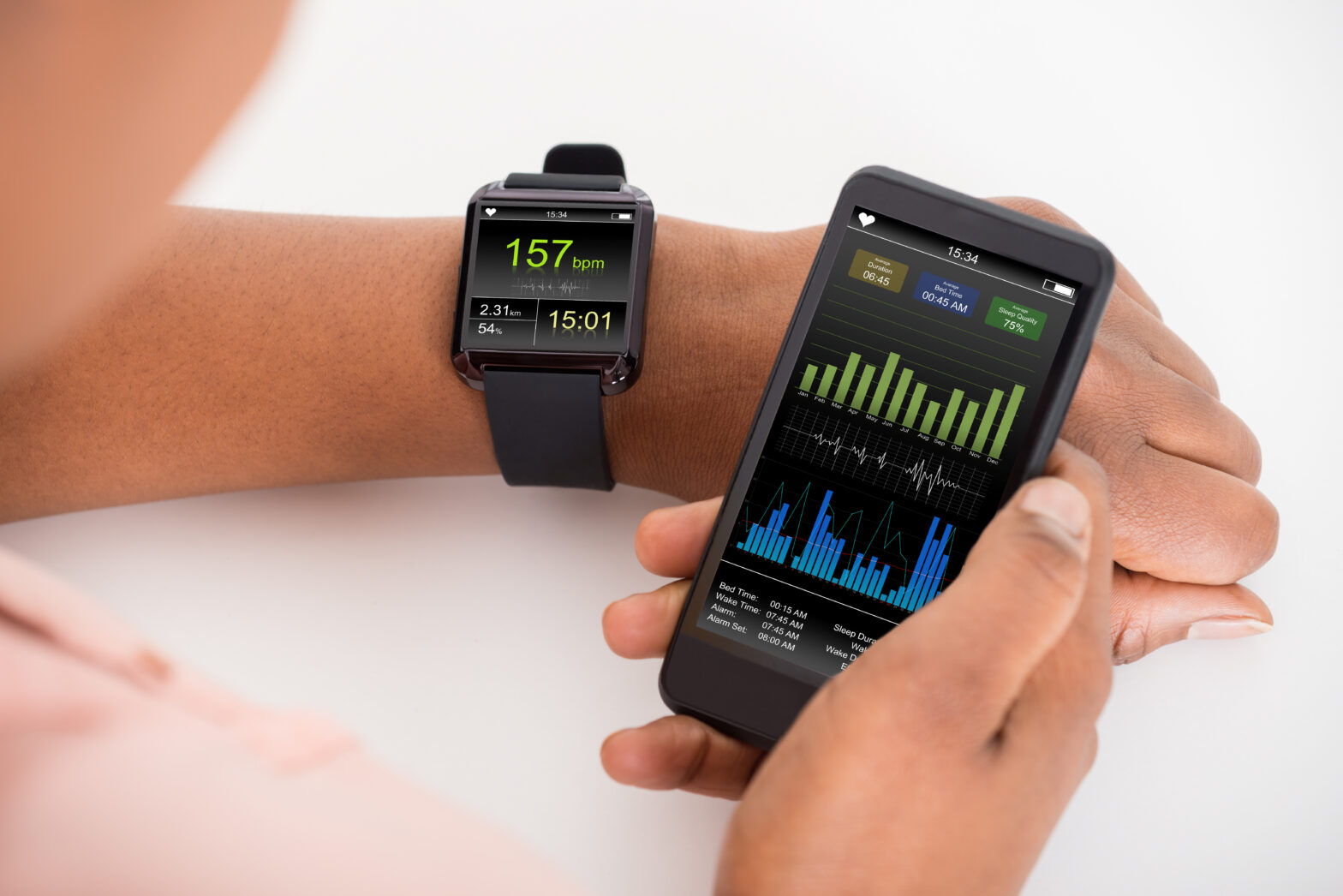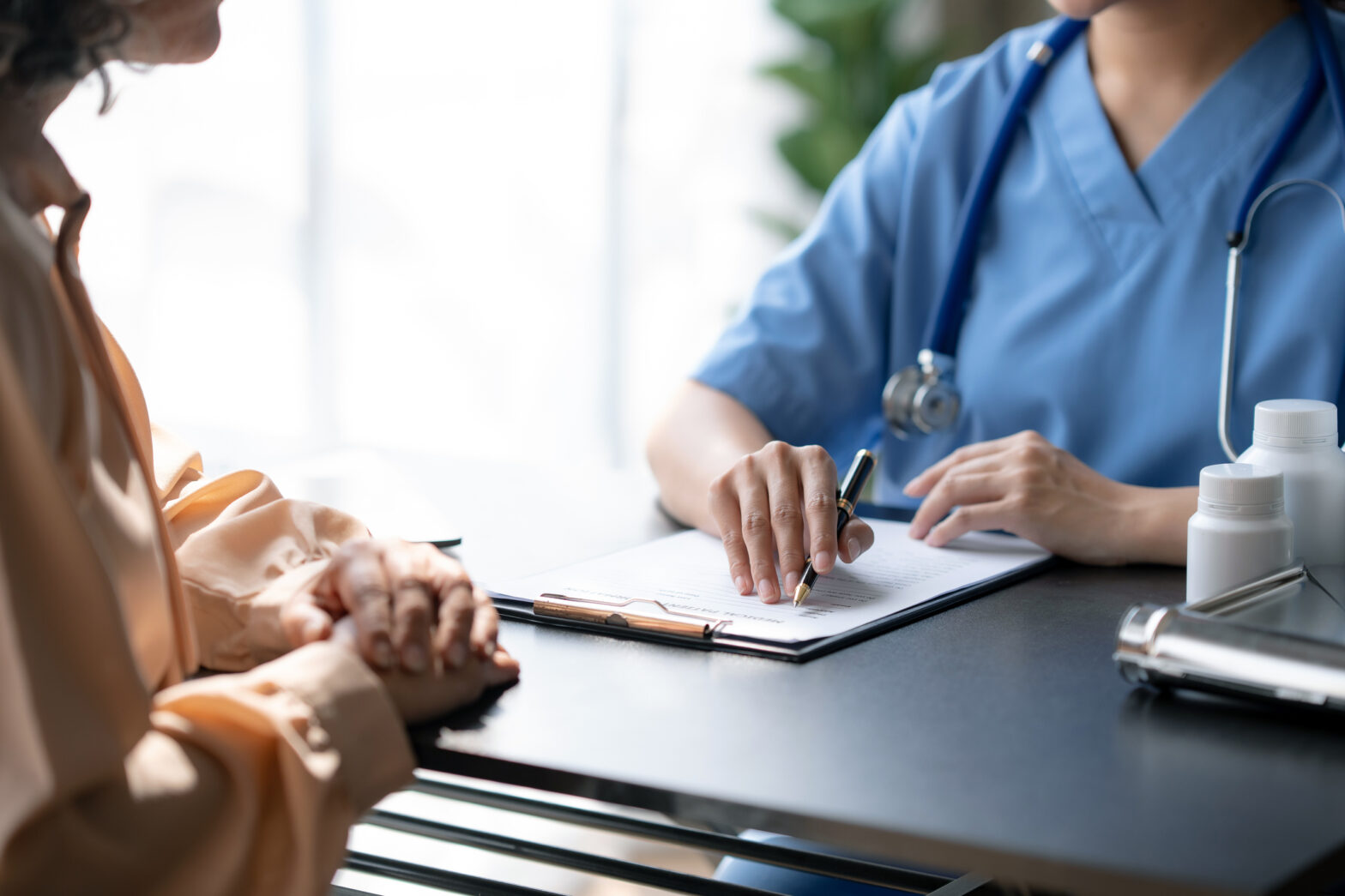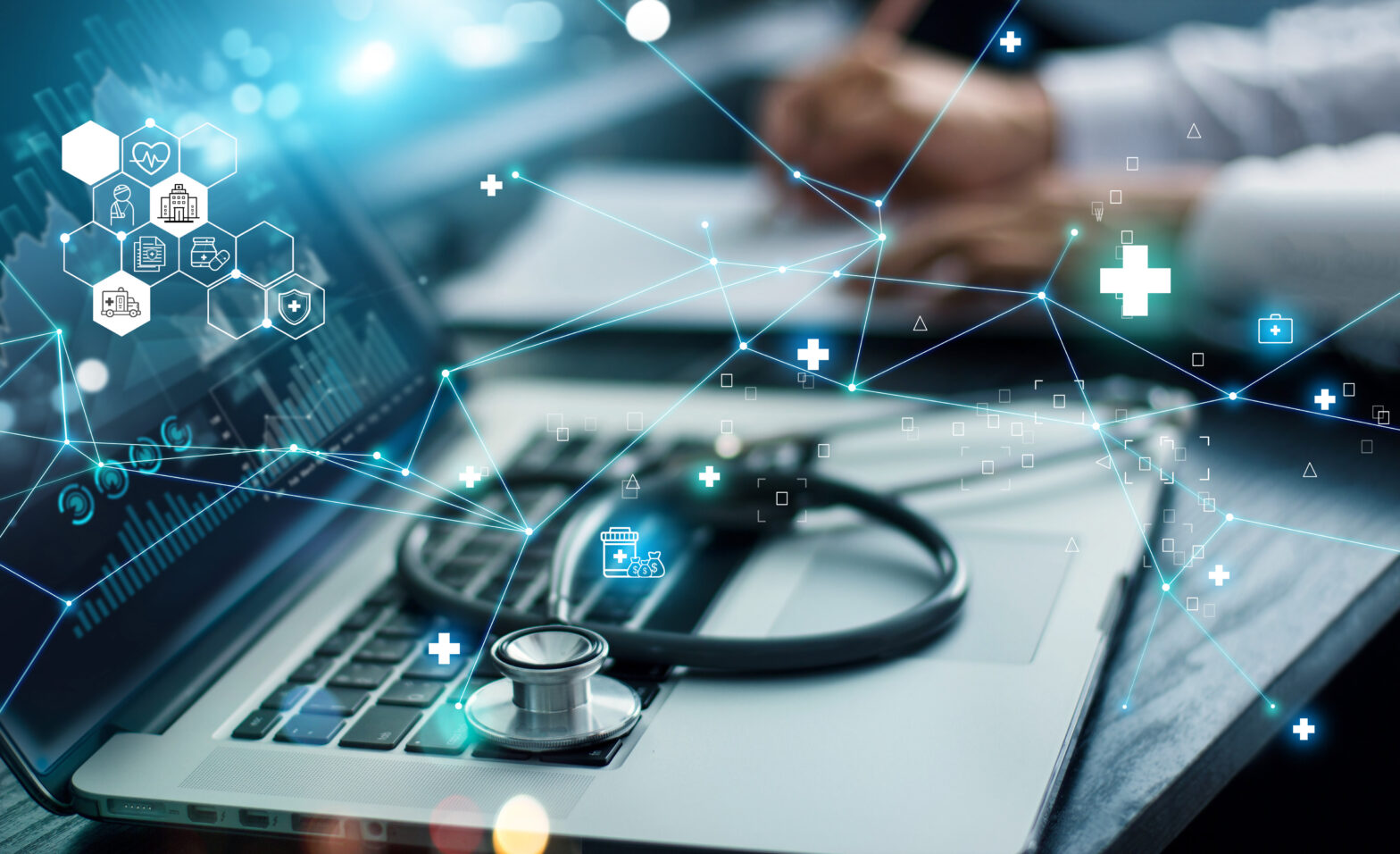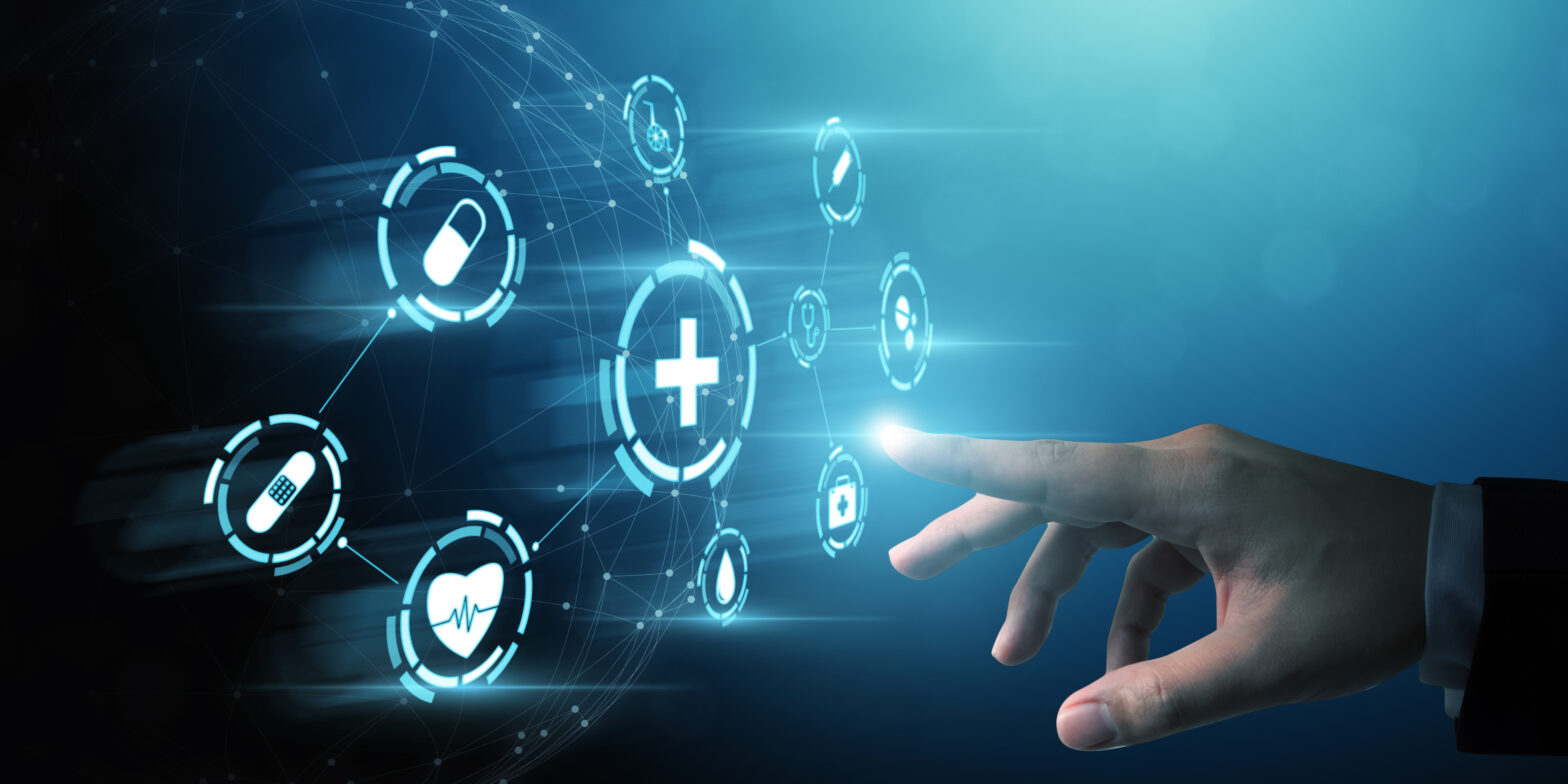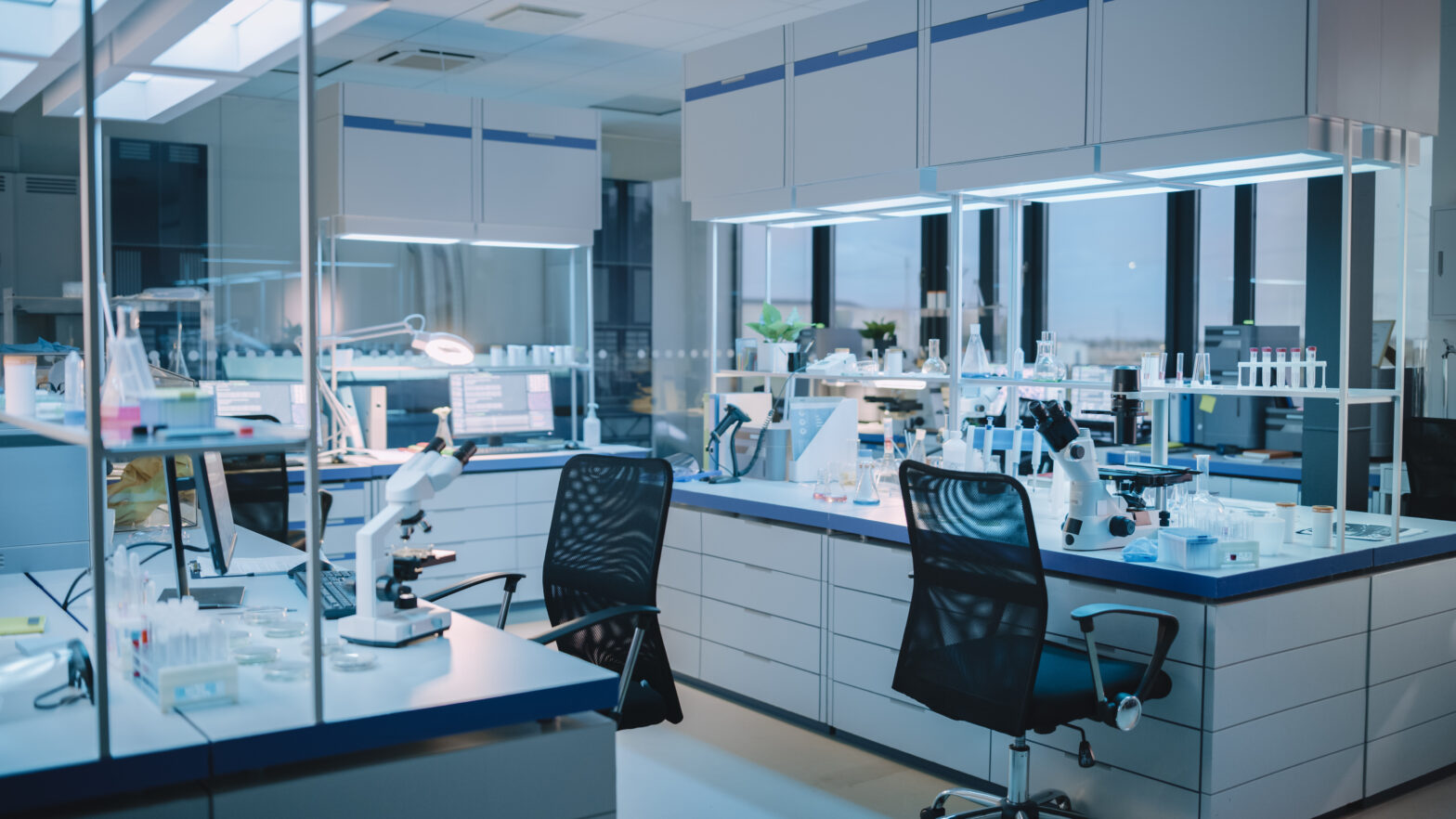Committed to providing world-class care, The Harley Street Clinic has deployed Medopad’s remote patient monitoring solution for its paediatric cancer patients.
Medopad allows patients to be equipped with wearable technology, which provides doctors with a continuous stream of vital clinical data. Parents then use Medopad’s mobile application to update doctors on specific aspects of their child’s treatment progress.
These include daily medication tracking, notification of drug side effects and photos of any emerging complications. Resources in the mobile application are available so patients can access relevant information to assist with their treatment.
>See also: Transforming healthcare with tech
The Harley Street Clinic’s use of Medopad is a joint initiative. Highly specialised consultants in paediatric oncology are working within a multidisciplinary team. Medopad adds another crucial link between doctors and their patients, which further strengthens the comprehensive care provided by The Harley Street Clinic.
Leading the process is Dr Stergios Zacharoulis, who said, “Medopad ensures patients are supported at all times and enables clinicians to reduce the negative impact of medication, increase engagement and satisfaction and improve the quality of cancer care given.”
Dan Vahdat, CTO of Medopad, said, “The Harley Street Clinic is one of the most prestigious, respected private hospitals in London and we’re honoured to be involved in an important area of cancer care. Patients want to feel supported at home and in hospital – Medopad enables doctors to deliver patients this very outcome.”
Wearable tech – the future of healthcare?
In an article written for Information Age, Chris McCullough, co-Founder and CEO at RotaGeek saw wearable tech as the future of the tech industry.
‘The use of wearables can also take this to the next level, bridging the interface between patient and clinician. For example, there is an increasingly number of technologies to help diabetics monitor blood glucose levels and in some cases provide automatic administration of a correct dose of insulin.’
>See also: Five decades of health tech – and what’s next
‘There are also wearable devices that can monitor heart rate, respiratory rate, heart rhythm, temperature, oxygen level and blood parameters, activity and sleep.’
‘As well as this, they can alert citizens when they are about to be sick and also predict their risk and suggest interventions to avoid becoming ill in the future. The ability to gather biometric data on millions of people and mine this to identify predictors of disease will be a big advance in the next decade.’


